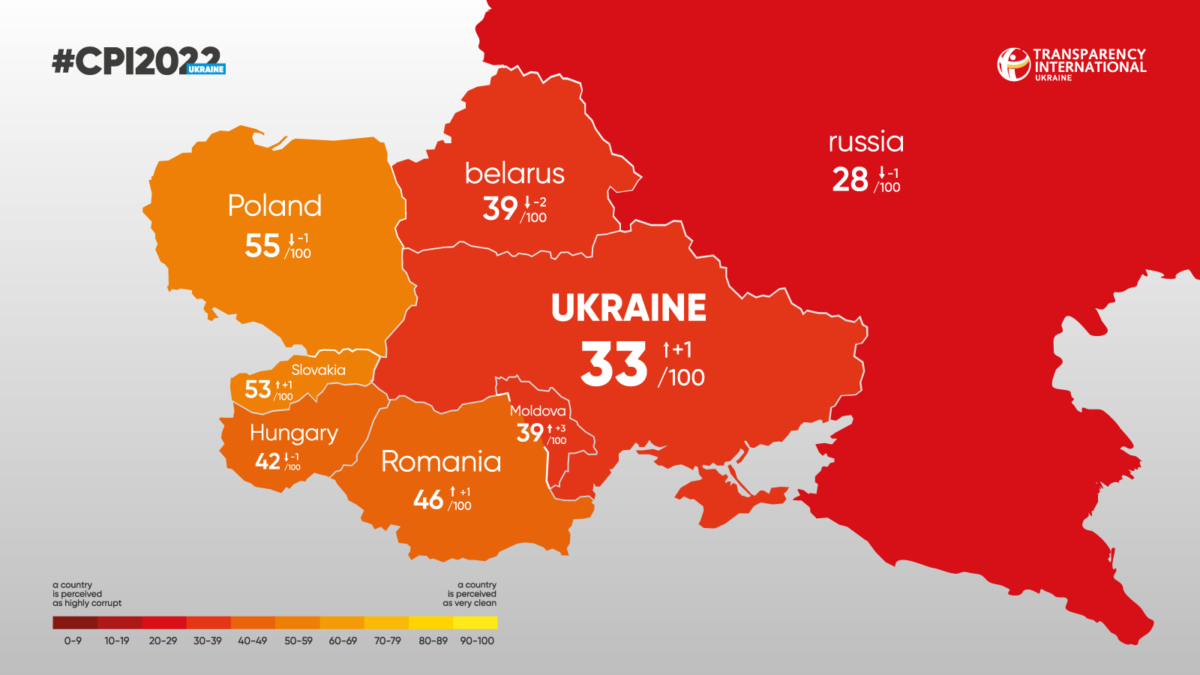The key word is WINNABILITY, the chances of success that depend on robust, statewide voter mobilization operations in currently 13 states that are plausible prospects.
Here in Arizona Latino civic engagement infrastructure is the progressive secret weapon
Steve Phillips writing in The Nation two days ago identified Senate seats 'up for grabs'.
Of the 23 Republican-controlled Senate seats up for election this year, there are currently 13 seats in 12 states that offer plausible prospects for Democrats to defeat their Republican opponent.
Factoring in four key criteria: past electoral results, demographic developments, existing civic engagement infrastructure, and incumbent favorability ratings, he produced a score that illustrates their respective winnability.
(Read a complete description of the methodology and underlying data incorporated in the ratings here.) The states where Democrats are most likely to flip a Senate seat are those where they’ve fared well in recent statewide elections, and where there is a large pool of potential Democratic voters who could be brought into the electorate to improve the overall odds of victory.
________________________________________________________________________
ARIZONA:
Kyrsten Sinema won the Arizona US Senate race in 2018—the first Democrat to win an open seat in that state since 1976.
Conventional wisdom attributes Sinema’s success to popularity with “moderate” voters, generally code for white swing voters; but she actually lost the white vote to her opponent.
While her white vote share was admittedly higher than many Democrats receive, it was her 70% of the Latino vote that propelled her to victory, by just 56,000 votes.
And there could be a whole lot more where that came from: More than 600,000 eligible Latinos did not vote in 2018.
Burgeoning Latino civic engagement infrastructure is the progressive secret weapon in Arizona. Ever since the state’s government passed the 2010 anti-immigrant legislation often referred to as the “show me your papers” law, a strong, sustained and effective cohort of organizations and leaders have worked together to build political power and darken the complexion of the Arizona electorate.
Republican Martha McSally is the incumbent up for reelection this fall; progressive solidarity, combined with the strong fundraising of likely Democratic nominee Mark Kelly—former astronaut, current gun control activist, and husband of former representative Gabby Giffords—
makes this one of the most winnable Senate seats in the country.
_________________________________________________________________________
Read more about the other winnable states >
The Nation / Steve Phillips 23 Jan 2020
__________________________________________________________________________________
A LOCAL OBSERVATION: For Mesa, Arizona Mayor John Giles who's running for re-election in 2020, that increasing Latino political power could upset his campaign.
From most accounts, Latinos and the Hispanic community in the same city that produced Russell Pearce, author of that notorious SB1070 anti-immigration in 2010, are not getting on his conservative Republican bandwagon
88th Conference of U.S. Mayors 2020 Washington D.C.

Here in Arizona Latino civic engagement infrastructure is the progressive secret weapon
Steve Phillips writing in The Nation two days ago identified Senate seats 'up for grabs'.
Of the 23 Republican-controlled Senate seats up for election this year, there are currently 13 seats in 12 states that offer plausible prospects for Democrats to defeat their Republican opponent.
Factoring in four key criteria: past electoral results, demographic developments, existing civic engagement infrastructure, and incumbent favorability ratings, he produced a score that illustrates their respective winnability.
(Read a complete description of the methodology and underlying data incorporated in the ratings here.) The states where Democrats are most likely to flip a Senate seat are those where they’ve fared well in recent statewide elections, and where there is a large pool of potential Democratic voters who could be brought into the electorate to improve the overall odds of victory.
________________________________________________________________________
ARIZONA:
Kyrsten Sinema won the Arizona US Senate race in 2018—the first Democrat to win an open seat in that state since 1976.
Conventional wisdom attributes Sinema’s success to popularity with “moderate” voters, generally code for white swing voters; but she actually lost the white vote to her opponent.
While her white vote share was admittedly higher than many Democrats receive, it was her 70% of the Latino vote that propelled her to victory, by just 56,000 votes.
And there could be a whole lot more where that came from: More than 600,000 eligible Latinos did not vote in 2018.
Burgeoning Latino civic engagement infrastructure is the progressive secret weapon in Arizona. Ever since the state’s government passed the 2010 anti-immigrant legislation often referred to as the “show me your papers” law, a strong, sustained and effective cohort of organizations and leaders have worked together to build political power and darken the complexion of the Arizona electorate.
Republican Martha McSally is the incumbent up for reelection this fall; progressive solidarity, combined with the strong fundraising of likely Democratic nominee Mark Kelly—former astronaut, current gun control activist, and husband of former representative Gabby Giffords—
makes this one of the most winnable Senate seats in the country.
_________________________________________________________________________
Read more about the other winnable states >
The Nation / Steve Phillips 23 Jan 2020
__________________________________________________________________________________
A LOCAL OBSERVATION: For Mesa, Arizona Mayor John Giles who's running for re-election in 2020, that increasing Latino political power could upset his campaign.
From most accounts, Latinos and the Hispanic community in the same city that produced Russell Pearce, author of that notorious SB1070 anti-immigration in 2010, are not getting on his conservative Republican bandwagon
88th Conference of U.S. Mayors 2020 Washington D.C.

Chew on this take-away: Hizzoner grappling“The Hispanic community needs to engage. Hispanics are underperforming politically, they’re not coming out in the open, in the way they should,” Giles said. “And I think we need to encourage and support our Latino leaders. They need to understand that they need to own that.”
(Photo by Joshua Gerard Gargiulo/Cronkite News)
(Photo by Joshua Gerard Gargiulo/Cronkite News)
Mesa’s Giles leads panel of mayors grappling with immigration
__________________________________________________________________________________




